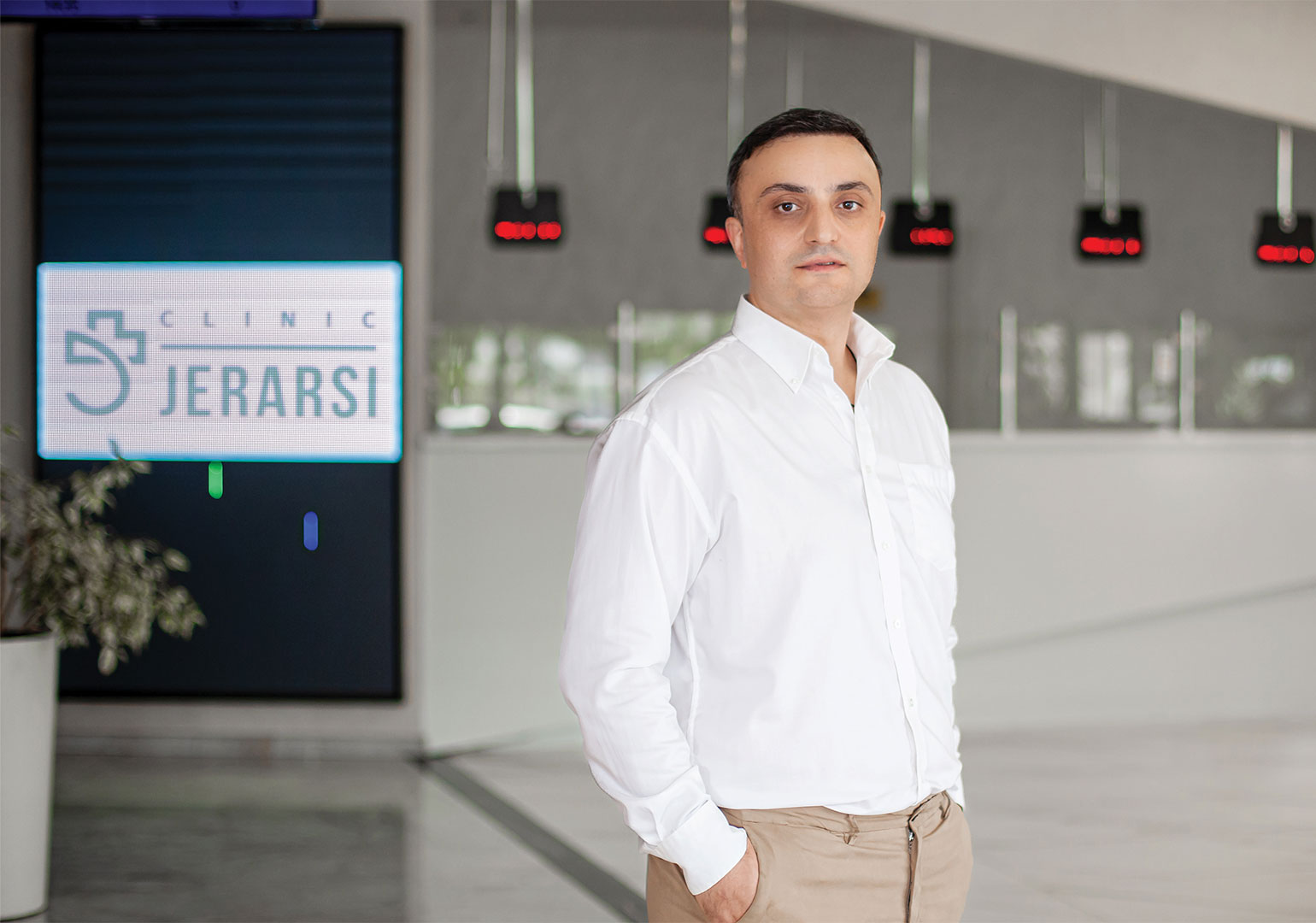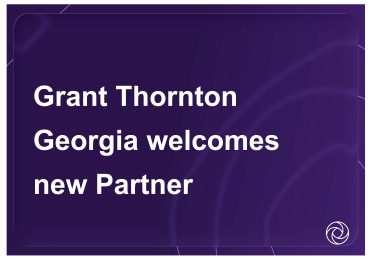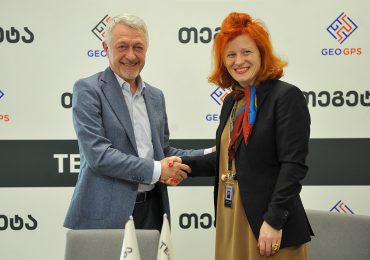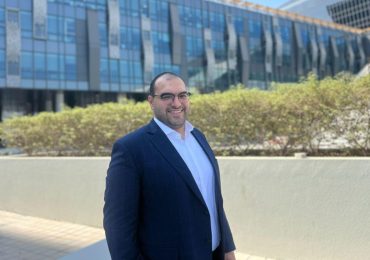Cardiac surgeon Giorgi Bakhsoliani is striving to “transplant” the cutting-edge achievements of the field, which is currently at its peak, in Georgia. The high-tech environment at Jerarsi Clinic supports his efforts. Success fuels his motivation to work in one of the most physically and mentally demanding fields.
Mr. Giorgi, why did you choose to become a doctor, and specifically a cardiac surgeon?
I had no family connection to the medical field, but I always enjoyed helping people. When I was young, my father passed away from a heart condition. At the time, I didn’t know much about medicine, and everyone said his illness was incurable. I was constantly troubled by the thought that if I became a doctor, perhaps I could save others with similar conditions. Additionally, I excelled academically, and back then, good grades often led to pursuing a medical career. These factors combined to shape my professional choice.
When I entered medical school, cardiac surgery in Georgia was still in its early stages, with only two centers in the country, and students didn’t have access to surgeries. During my first year, I had the opportunity to practice in Germany, where I witnessed cardiac surgery for the first time. That was the moment I realized this was my true calling.
What skills does cardiac surgery require from a doctor?
Cardiac surgery demands discipline, hard work, strong principles, and a commitment to continuous education and development. It’s an incredibly challenging profession that requires us to dedicate a significant portion of our lives. In addition, like many cardiac surgeons, I deal with occupational hazards such as varicose veins, spine issues, chronic fatigue, and constant stress. However, the reward of seeing patients successfully emerge from life-threatening situations makes it all worthwhile. In those moments, the fatigue and challenges fade away.
As you mentioned, this profession demands an exceptional workload. Is it possible to achieve a balance between personal and professional life under these conditions?
My wife is also a doctor, so we often leave home very early in the morning, and sometimes we don’t see each other for days. We do our best not to miss important moments in our children’s lives, but there are times when, just as a celebration is reaching its peak, I have to drop everything and rush to perform an emergency operation.
How do you find the right motivation and incentive under these conditions, especially when your daily work involves battling high-risk diseases that don’t always have positive outcomes?
Every recovered patient is the greatest validation of my work. After a 10-15 hour surgery, the fatigue disappears the moment I see a patient recover, and I’m instantly re-energized. Unfortunately, in our profession, there’s always a high risk of encountering cases where, despite our best efforts, the severity of the disease overwhelms us. These cases are incredibly difficult for me to bear. I remember every patient whose outcome wasn’t positive, and it’s heartbreaking to try to comfort their loved ones. Believe me, words can’t express the emotions I experience during those moments.
Do you remember your first independent operation?
I performed my first independent surgery at the age of 25, and I haven’t stopped since. For a beginner, earning the trust of your supervisor is crucial, and I was fortunate to gain that trust early on. This trust, along with the support and love I felt from all of my supervisors, motivated me to excel.
I am a very dedicated worker and make sure not to overlook any details. It is said that I have some surgical skills. I’ve often been told that I have a unique technique and approach to surgery, which I believe has played a significant role in shaping my professional growth.
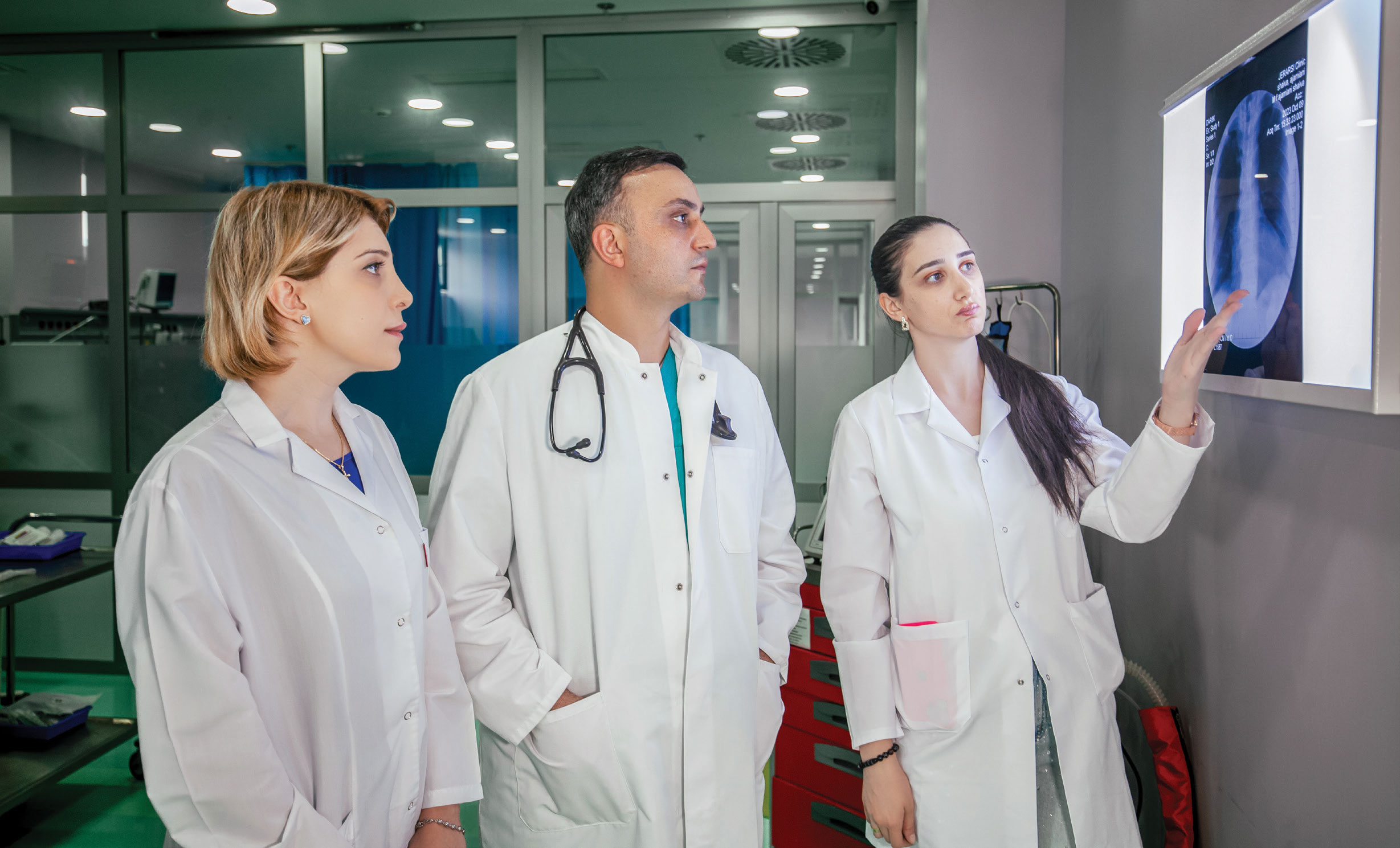
Who has been your main supporter along the way?
My mother has played the most significant role in my development as a professional. Pursuing a career in cardiac surgery demands substantial financial investment. It’s not a profession where a single training program will make you a cardiac surgeon; it’s a constantly evolving field. To excel and stand out among highly skilled surgeons, you need a strong educational foundation. My mother provided both the moral and financial support I needed during the crucial early stages of my career.
As you mentioned, cardiac surgery is constantly evolving and offers new opportunities. What significant changes have occurred in recent years?
Recent advancements in cardiac surgery have been remarkable. One major development is the shift to less invasive procedures. Previously, large incisions through the sternum were required, but now we can perform surgeries with much smaller, 4-5 centimeter incisions. This advancement has significantly improved the post-operative rehabilitation process. Additionally, we now have high-tech procedures that can be performed without any incisions at all. However, these advanced techniques come with high costs and are not yet widely available in Georgia. Overall, cardiac surgery is currently at the forefront of medical innovation.
You recently joined the team at Jerarsi Clinic. Does the clinic enable your patients to benefit from the latest advancements?
The environment in which a doctor works is crucial for successful outcomes. Jerarsi Clinic offers state-of-the-art equipment and a comfortable setting for both doctors and patients. Our high-tech facilities allow us to provide care on par with our international colleagues. For me, it’s essential that the clinic maintains stringent safety protocols, cleanliness, and a supportive approach to professional development. At Jerarsi, I have all these conditions, which allows me to perform my work effectively and confidently in a stable and supportive environment.
It’s common for patients to travel within the country or abroad for diagnosis or treatment. How does this apply to cardiac surgery?
While I may not be familiar with all medical specialties, I can confidently say that cardiac surgery in Georgia is well-developed. Our colleagues have the expertise and experience to match any leading European center. Therefore, for most cardiac procedures, there is no need for patients to seek treatment abroad. The only exception is heart transplantation (which is not yet performed in Georgia but is planned for the near future). For all other cardiac surgeries and procedures, the level of care provided in Georgia is exceptional.

